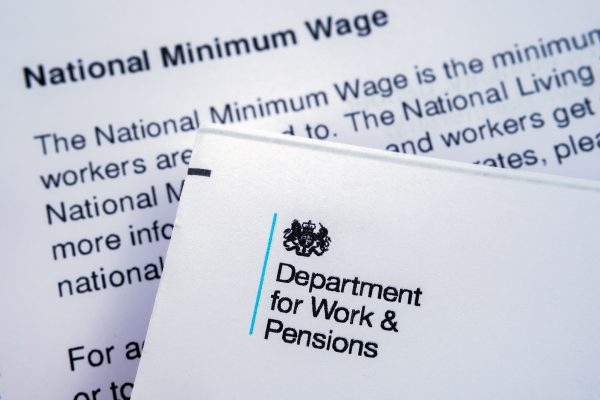We’ve recently had enquiries in regards to Statutory Sick Pay (SSP). As you will be aware, smaller employers were able to claim SSP from the Government.
However this was abolished in April 2014. For a limited period you may be able to recover SSP for previous tax years.
From the abolishment, the government introduced a new scheme – Health Work and Well Being Initiative which is to help staff that have been unable to work for four weeks or more.
Eligibility to SSP?
To be eligible to receive Statutory Sick Pay an employee must:
• be earning an average of at least the Lower Earnings Limit (£112 per week) and
• have been sick four or more days in a row and
• inform their employer that they are sick or injured.
Average earnings are calculated using the employee’s earnings in the eight weeks before their sickness began. SSP can be paid for up to 28 weeks in a year.
The current rate of SSP is £88.45 per week.
SSP is paid from the fourth day of sickness. The three preceding days are known as ‘waiting days’ and SSP is not payable during this time. Each of the qualifying days must be days normally worked. For example, if an employee works Monday to Friday, then sickness over the weekend will not count towards any of the waiting days.
Some employers may have decided to operate an enhanced sick pay scheme, for example, they pay the employee during the three waiting days or pay above the current SSP rate. Details of sick pay entitlement should be included in any employment contract.
Lawgistics members can get advice from our Employment Law specialists.

Impression works with businesses across the automotive aftermarket supply chain such as parts suppliers, warehouse distributors, motor factors and independent garages. Covering all aspects of automotive aftermarket marketing, including social media, event management, customer newsletters and PR, Impression is able to quickly establish itself within a client’s business and work towards their objectives.








